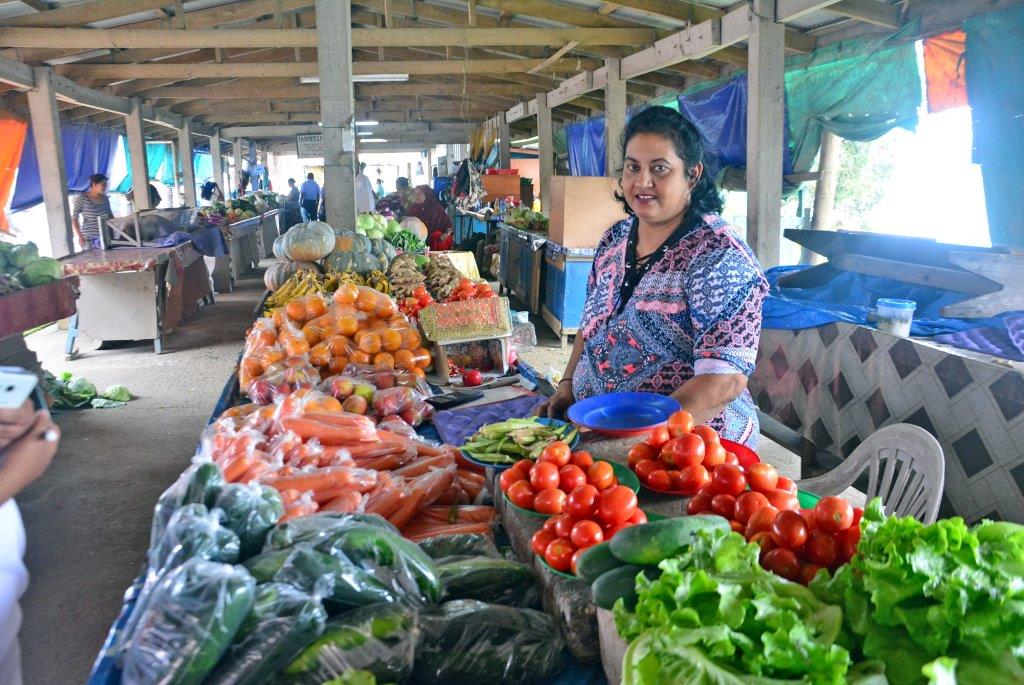THE revelation that Fijians have been dying before the age of 70 since 1995 is interesting.
To some extent, it may be cause for concern.
With an abundance of fresh seasonal fruits and vegetables, and fish around us, you’d expect a very different scenario.
This is the harsh reality though of our lives now it seems.
It’s sadly the norm.
We live by the choices we make daily, or can afford, it seems.
That’s how it is and moving forward, at this rate we’d probably be looking at a bleak future for Fijians, unless there is a major shift in mindsets and how we commit ourselves to making a difference individually and for the sake of our people and nation.
The Ministry of Health’s national advisor non-communicable diseases, Dr Isimeli Tukana, made the revelation about the life span scenario during his presentation at the World Food Day discussion at Albert Park in Suva yesterday.
The trend now, he said, was that Fijians were dying at the age of 40.
This could mean there was a high probability that they had been sick from the age of 20.
He said there was a need to relook at our eating habits.
Dr Tukana said it was pivotal to ‘talanoa‘ about the food that we eat.
The World Health Organization says 41 million deaths are attributed to NCDs annually.
This is equivalent to 71 per cent of all deaths globally.
In a press release last month, it stated health services must integrate a stronger focus on ensuring optimum nutrition at each stage of a person’s life.
It estimated the right investment in nutrition could save 3.7 million lives by 2025.
“In order to provide quality health services and achieve Universal Health Coverage, nutrition should be positioned as one of the cornerstones of essential health packages,” Dr Naoko Yamamoto, Assistant Director-General at WHO was quoted saying.
“We also need better food environments that allows all people to consume healthy diets.”
Essential health packages in all settings, the WHO release stated, need to contain robust nutrition components but countries will need to decide which interventions best support their national health policies, strategies and plans.
It is clear we have a massive challenge before us.
It must be noted that the powers that be also have a key role to play to assist in this change in direction.
That may mean a relook at the cost factor and how the average family is able to embrace healthy meal plans.
Otherwise, the overly unhealthy staple diet, which is affordable, will remain an obstacle.
This challenge needs the active participation of all stakeholders.
But if we are able to, then we must make a concerted effort to be the catalyst for change in our own families.






